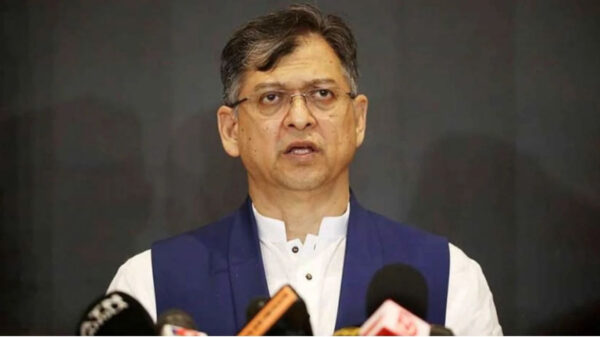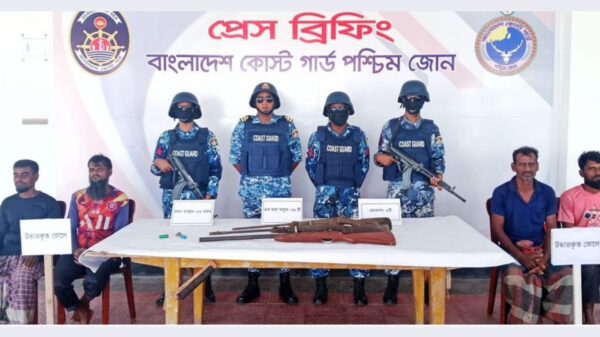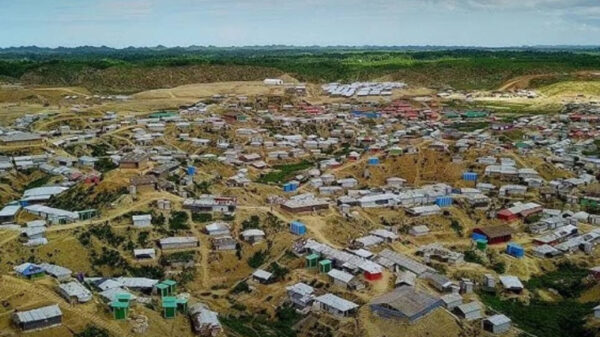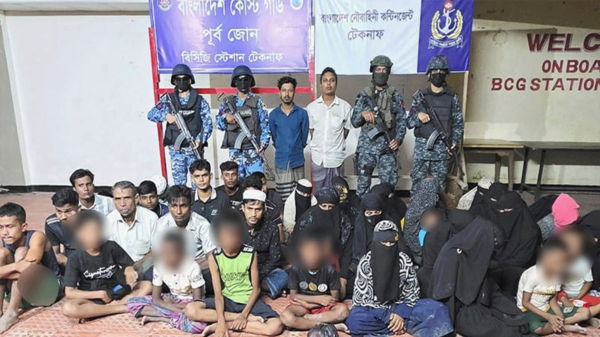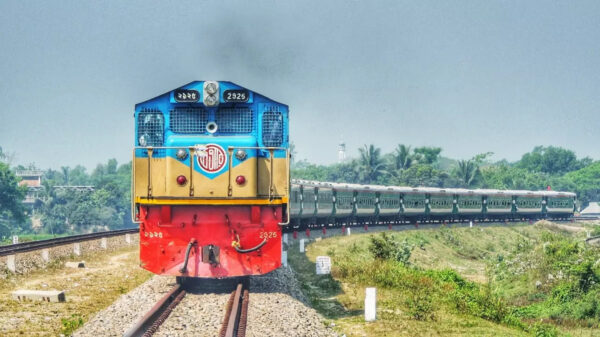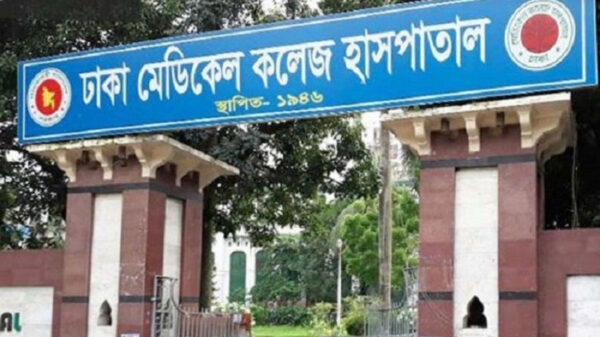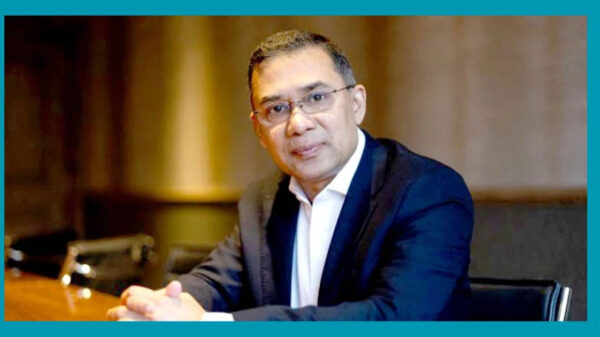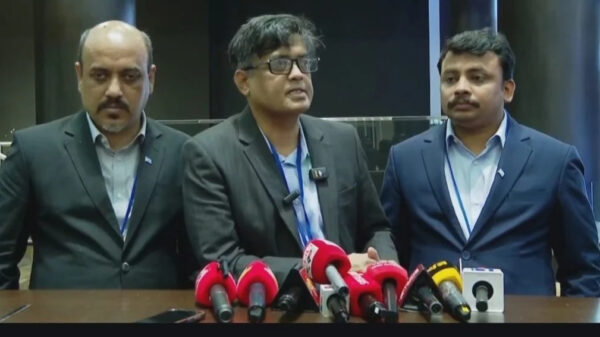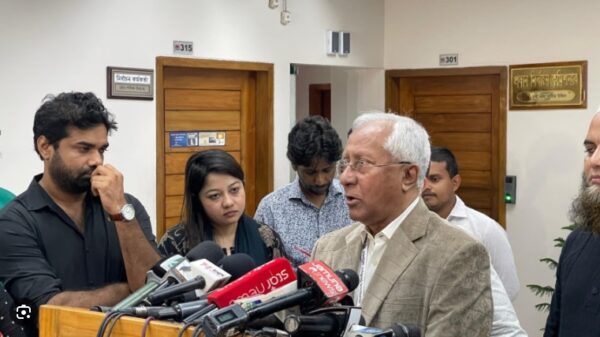Staff Reporter:
Chief Adviser Prof Muhammad Yunus on Tuesday called on the international community to act decisively on the Rohingya crisis, urging the development of a clear roadmap to ensure their safe and dignified return to Myanmar.
Speaking at a high-level UN conference in New York, he warned that the world cannot leave the crisis unresolved any longer.
Laying out a seven-point proposal, Prof Yunus urged the international community to exert effective pressure on Myanmar and the Arakan Army to halt violence against the Rohingya and to begin their repatriation, starting with recent arrivals in Bangladesh as well as those who remain internally displaced.
He called for global support to stabilise Rakhine State, including the deployment of an international civilian presence to monitor progress.
Stressing the need for lasting peace, he proposed confidence-building measures to enable the Rohingya’s sustainable integration into Rakhine society and governance. He also appealed to donors to fully fund the Joint Response Plan, while insisting on accountability and restorative justice for past atrocities.
In addition, he highlighted the importance of dismantling the narco-economy and tackling cross-border crime, and made clear that repatriation should not be held hostage to broader political reforms in Myanmar.
“Eight years have passed since the genocide began, yet initiatives to end the crisis remain lacking and international funding faces alarming shortfalls,” Prof Yunus said. “The Rohingya crisis originated in Myanmar; its solution lies there. Today, let us pledge to act together to resolve the crisis once and for all.”
He argued that repatriation is the only peaceful way forward and would require fewer resources than the continued costs of international protection. “The Rohingyas have consistently declared their wish to go home,” he said.
Prof Yunus made his appeal at the opening of the “Situation of the Rohingya Muslims and Other Minorities in Myanmar” conference, held on the sidelines of the 80th United Nations General Assembly at UN Headquarters.
Warning that Bangladesh has been forced to shoulder “huge financial, social and environmental costs” from hosting nearly a million refugees, he pointed to rising cross-border criminal activities, including narco-flows from Rakhine, which he said threaten Bangladesh’s social fabric. “Given our developmental challenges, including unemployment and poverty, we cannot afford to employ the Rohingya inside Bangladesh,” he added.
Senior Bangladeshi officials including Foreign Affairs Adviser Md Touhid Hossain, National Security Adviser Dr Khalilur Rahman and Permanent Representative to the UN Ambassador Salahuddin Noman Chowdhury joined the session, alongside representatives of at least 75 countries and organisations.
The meeting, addressed also by UN High Commissioners Filippo Grandi (Refugees) and Volker Türk (Human Rights) as well as Rohingya representatives, sought to sustain international attention, mobilise political support, and chart a time-bound path towards the voluntary, safe and dignified repatriation of displaced communities.


